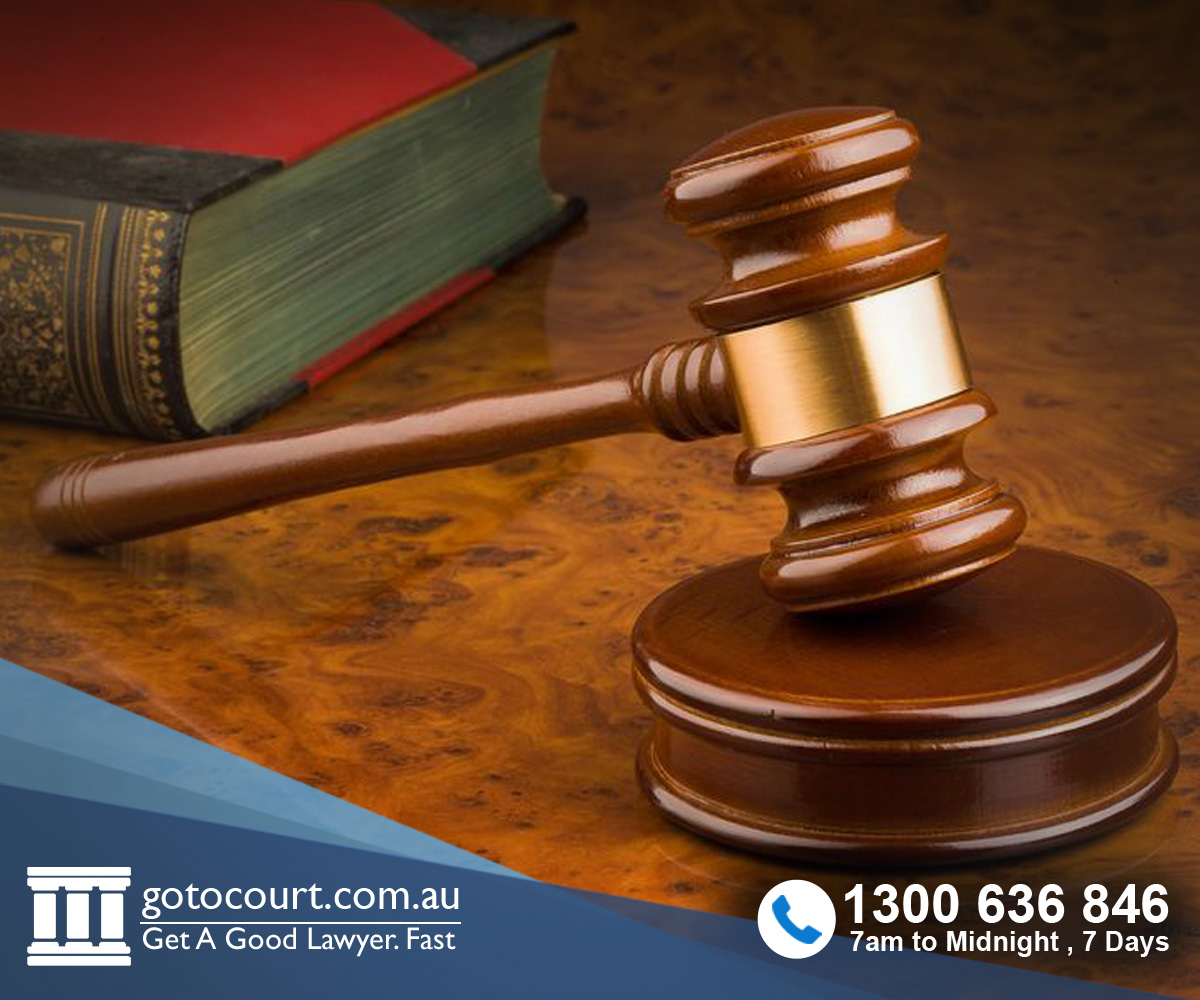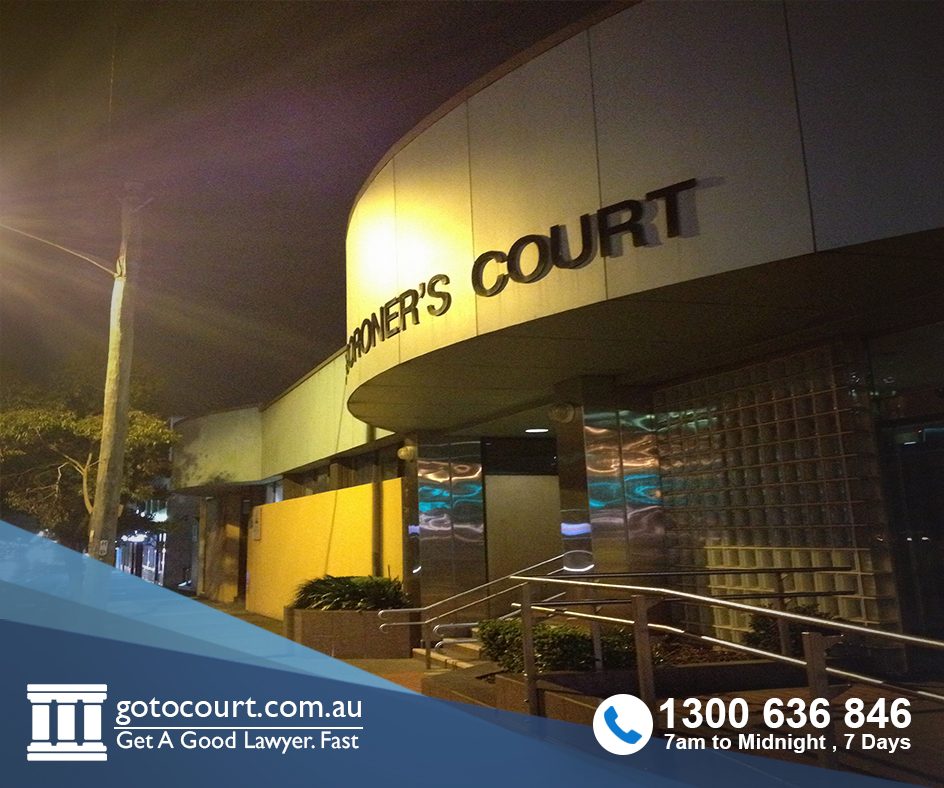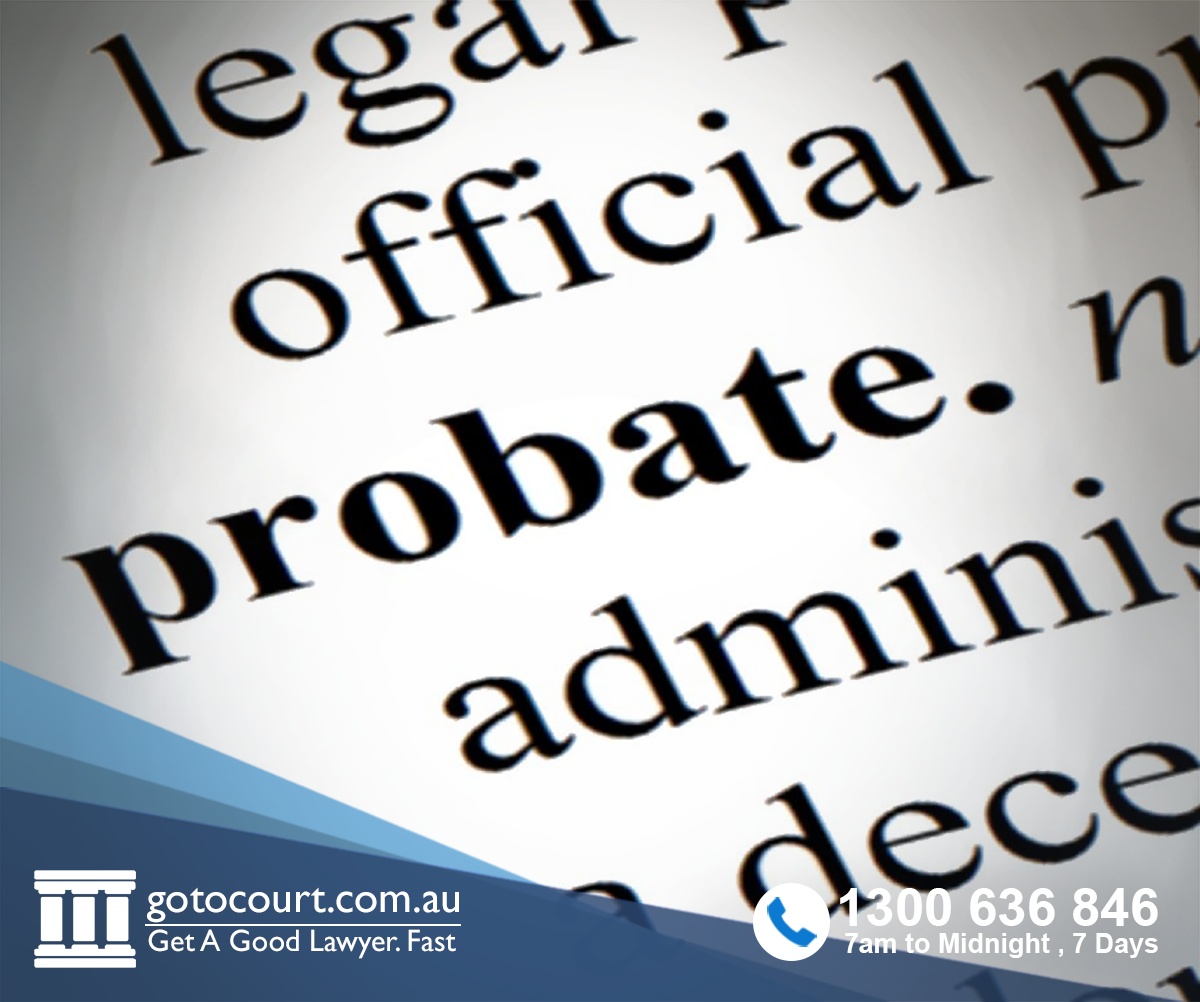Probate in Queensland
Wills made in Queensland will generally nominate a person (the executor, also known as the personal representative) to carry out its terms once the person who made the will (the testator) has died. In order to do this, the executor may require proof of the validity of the will to ensure his or her authority to collect and manage the assets (the estate). This process of proving the will is known as a grant of probate.
Legislation
The rules governing grants of probate in Queensland are mostly contained within the Succession Act 1981, though some are also found in the Uniform Civil Procedure Rules 1999.
What is an executor?
An executor is the person nominated in the will who has the responsibility of gathering all the assets of the testator and administering them in the manner specified by the will. By obtaining a grant of probate, they prove the validity of the will and their legal right to the assets of the estate.
Obtaining a grant of probate is important as often the testator’s assets will not be contained in one place, but might instead be in the possession of other people and organisations. For example, institutions such as banks will often require a grant of probate before releasing the testator’s funds to the executor. With a grant of probate in hand, an executor may more easily gather all of the testator’s assets into one place, and divide them according to the manner specified by the testator’s will.
Duties of an executor
Many of the duties of an executor are contained within the Succession Act 1981.
The first and most obvious duty is to gain control over the assets of the estate and distribute them to the people who are entitled to them according to the will. In order to preserve the value of the assets, the executor is required to do this as soon as it is possible. The longer an executor takes to distribute the assets, the higher the chance that a car will rust or that council fees on a property will accumulate.
An executor also has other duties, such as those relating to the payment of interest and the reporting of estate assets. It is important that executors take their responsibilities seriously and act promptly and honestly. An executor who fails in their duties may have to pay interest to the beneficiaries of the will, as well as damages.
Can only one person be granted probate in Queensland?
A will may nominate more than one executor, and grants of probate are not limited to singular people. However, probate cannot be granted to more than four executors.
In certain circumstances a person who has not been nominated by a will may also take up these responsibilities. For example, the deceased may have died without making a will (intestate). In these circumstances, a person may apply for letters of administration to become the administrator of the estate. An administrator has the same rights and duties as an executor.
Making an application for probate in Queensland
In most circumstances the Succession Act 1981 gives the registry of the Supreme Court of Queensland the authority to grant probate in Queensland. However, the Uniform Civil Procedure Rules 1999 require that several preliminary steps are completed before the registry may grant probate.
The registry publishes useful guides of the steps to follow and the minimum requirements for a successful application for probate. Notably, a person seeking a grant of probate in Queensland must advertise their intention to apply in the Queensland Law Reporter as well as a state-wide newspaper or an approved local newspaper. Approved local newspapers are announced through Supreme Court Practice Directions. Copies of the advertisement must be given to the Public Trustee. This process is designed to give notice to any persons who may wish to object to the executor being granted probate.
A waiting period applies following the advertisement to give others time to object. Once the waiting period is over, an application may be made with the registry.
The Uniform Civil Procedure Rules 1999 require certain documentation, including the original death certificate, an affidavit, and the original will.
It is essential that you do not staple, pin, or otherwise damage the original will. The original will is not returned after probate is granted, so executors should be sure to retain a copy.
Once probate has been granted
The order of payments from the estate is set out in the Succession Act 1981 and operates differently in Queensland to the other states and territories in Australia.
In the case of solvent estates, the estate is divided into four classes. Debts are initially paid out of the first class until it is exhausted. Remaining debts are then paid out of the second and subsequent classes in numerical order until the debts are paid. Specific pecuniary legacies are paid out of the residual assets of the estate.
In the case of insolvent estates, the regular law relating to bankruptcy and creditors applies, with the exception that funeral, administration, and testamentary expenses have priority over all.
If you require legal advice or representation in any legal matter, please contact Go To Court Lawyers.
a








